
 |
|
|
Vegetables
Volume 59 Number 14 Date 08/07/2014 BLOSSOM END ROT - This disorder of tomatoes, peppers, watermelons and squash is prevalent in commercial and home gardens, according to grower reports. The dark, water-soaked spot that starts at the blossom end of the fruit and enlarges around the fruit surface is caused by calcium deficiency or inconsistent soil moisture levels. Since this disease is physiological in nature, fungicides and insecticides are useless as control measures. Adjusting calcium levels in spring and maintaining even soil moisture levels throughout the season will usually limit its development. SQUASH BUG - Reports from Dane, Marathon, Sauk and Vernon counties indicate continuing problems in home gardens. The insects are infesting cucumber, summer squash and zucchini, killing plants in extreme cases. The simplest control is to remove the eggs, nymphs and adults from plants and submerge them in a bucket of soapy water. Gardeners are also advised to dispose of dead leaves and other plant material which can harbor large numbers of nymphs. CABBAGE CATERPILLARS - Populations of diamondback moths, cabbage loopers and imported cabbageworms are reportedly high in a few southern Wisconsin cabbage plantings. The larvae of these cabbage pests initially feed on leaves, causing large ragged holes, and eventually move to the center of the plant to infest the developing heads of broccoli, cabbage and cauliflower. Treatment thresholds are reached when 10% of cabbage in the early heading to mature head stages are infested, or 10% of broccoli and cauliflower in the first flower or curd to maturity phase are affected. Bacillus thuringiensis (Bt) and chemical insecticides are the most effective forms of control. LATE BLIGHT - Three cases of this disease have been confirmed in Wisconsin as of August 6, two on potato in Portage County and another on tomato in Milwaukee County. Conventional and organic potato growers should maintain a five- to seven-day preventive fungicide program (copper-containing fungicide treatments approved for organic use), while home gardeners are advised to inspect tomato and potato plants daily for leaf lesions and fruit spots. If late blight is suspected and symptoms are widespread, plants should be destroyed and properly disposed of to prevent further disease spread. -- Krista Hamilton, DATCP Entomologist 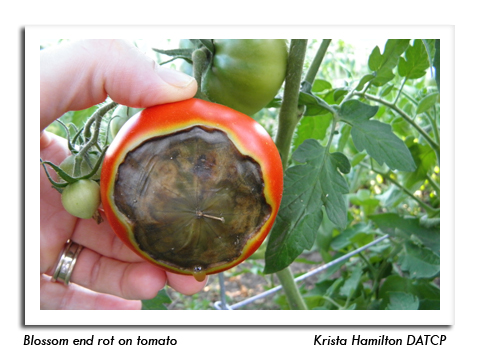
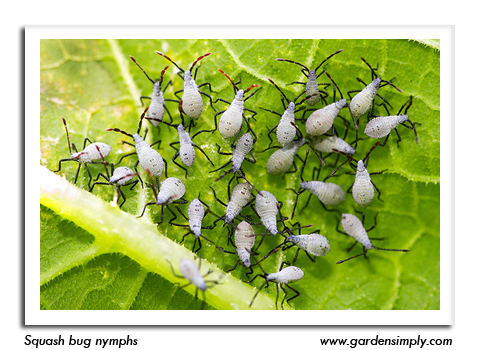
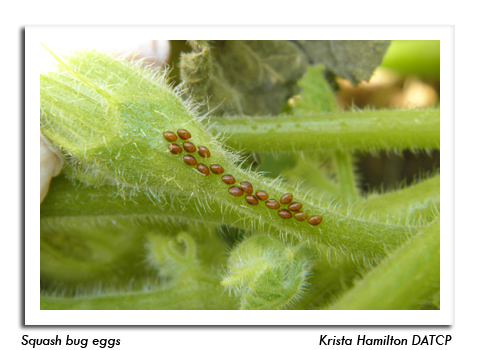
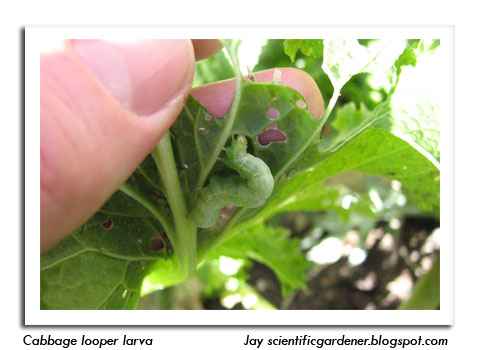
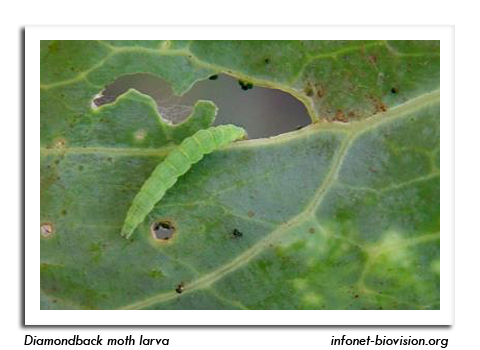
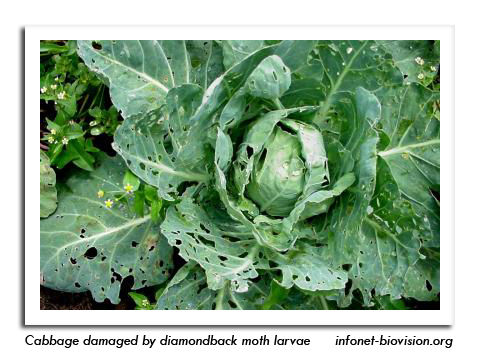
|
|
|